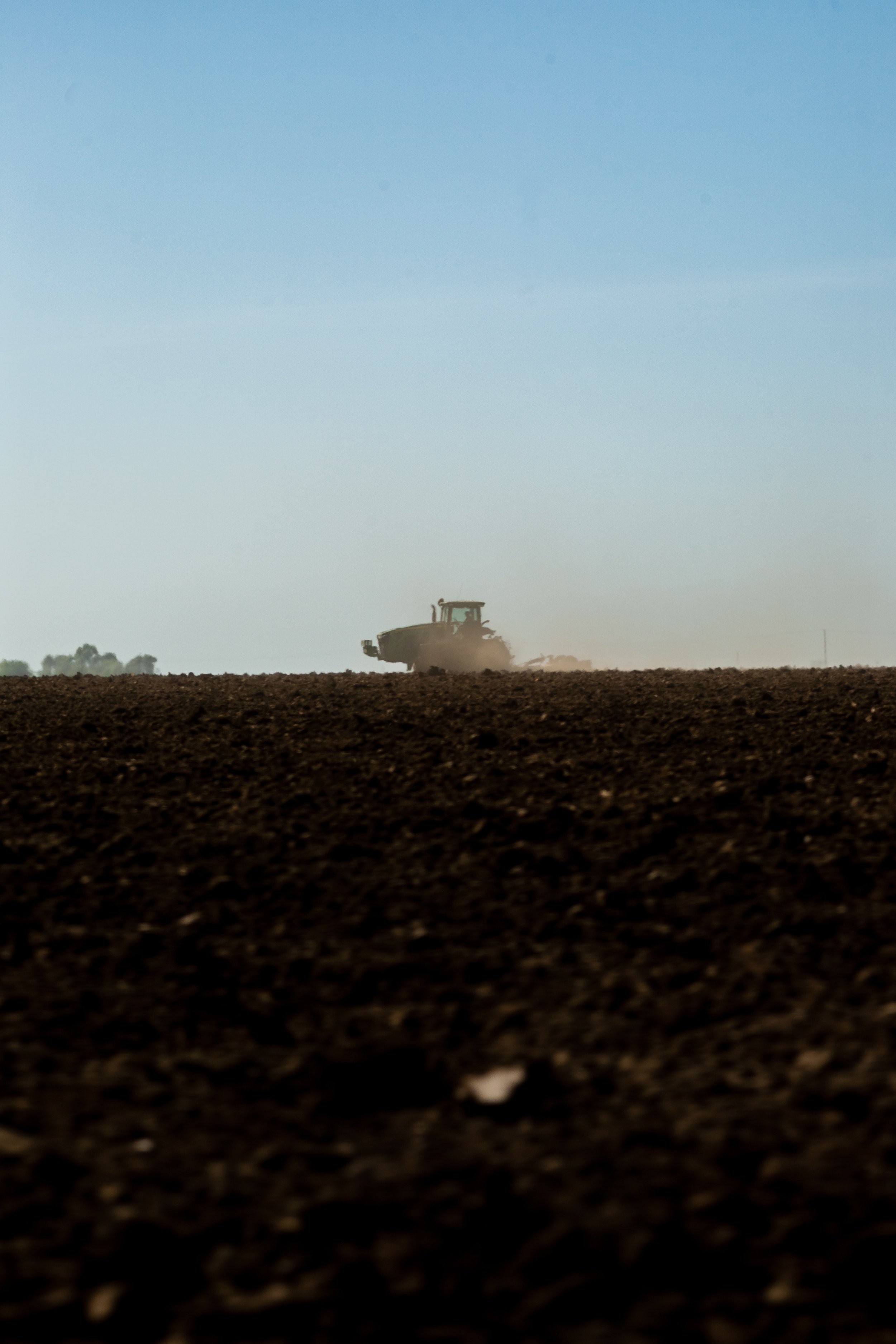
Madeleine Fairbairn’s Fields of Gold
Across the social sciences, the past decade has seen an impressive proliferation of notions, definitions, theories, and questions surrounding the concept of financialization. As critical political ecologists Hug March and Thomas Purcell have written, this is, in part, because “one of the novelties of post 1970s capitalism has been the apparent rise to dominance of financial markets in the global economy. During this time the growth in the magnitude of financial assets has outstripped the growth of global GDP” (2014, 12; e.g., Harvey 2010). This phenomenon was identified even earlier by historical sociologist Greta Krippner, who analyzed the way in which profits were consistently accumulating through financial channels within the broad scope of the American economy (e.g., 2005; 2011), coincident with the temporal and spatial expansion of financial logics in all aspects of daily life, including the provision of vital natural resources (Pitluck, Mattioli, and Souleles 2018: 157; O’Neill 2020). The concern about the consequences and impacts of this has been nicely summed up by sociologist Matt Soener with the following question: “when did the ‘real’ economy turn financial?” (2021). Indeed, financialization raises many questions about the roles (and meaning) of labor, value, and rents following the 2007/8 global financial collapse (Ho 2009; Davis and Kim 2015; Aalbers 2020) as new forms of speculation have been observed in a variety of sectors, the world over (Goldman 2011; Sassen 2013). However, because of the apparent vastness and truly global dimension of commodification processes that have been swept under the aegis of this term, there has also been a concern about conceptual and analytical imprecision (Christophers 2015), i.e., about financialization becoming an empty signifier (Purcell, Loftus, and March 2019, 8-10), despite its power to point to macroeconomic tendencies and political economic patterns (Lapavitas 2011) that have been observed across the world-system. Enter Madeleine Fairbairn and the 2020 release of her first monograph entitledFields of Gold: Financing the Global Land Rush,hereafterFields of Gold), published through Cornell University Press’ series onLand: New Perspectives on Territory, Development, and Environment.
O’Neill, Brian F. 2022. “Review of Madeleine Fairbairn’s Fields of Gold: Financing the Global Land Rush.” New Global Studies.https://doi.org/10.1515/ngs-2022-0031

